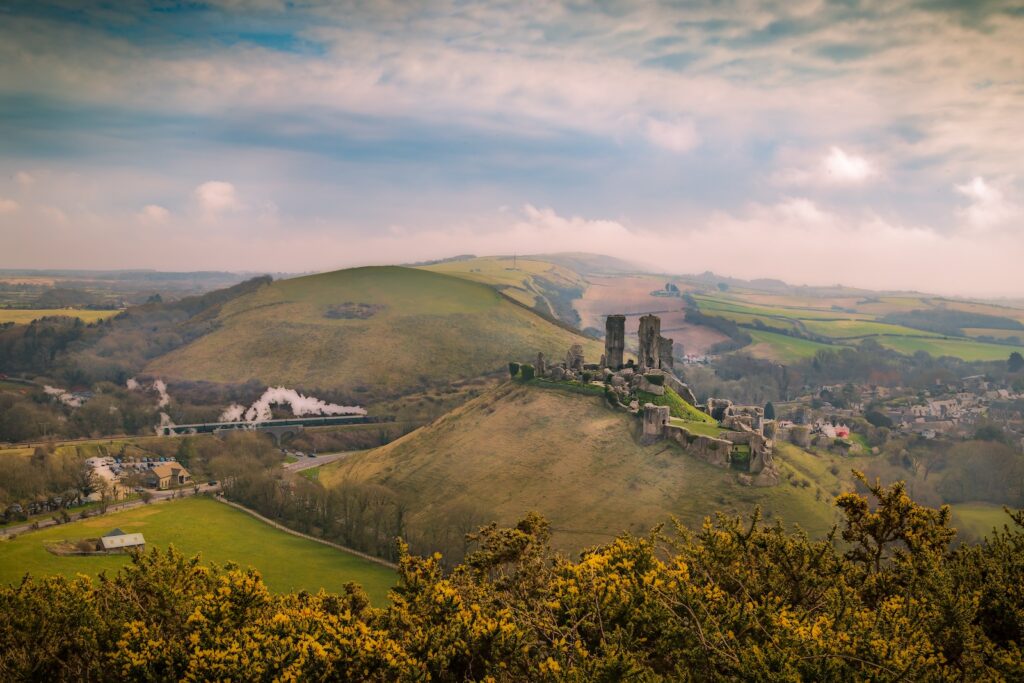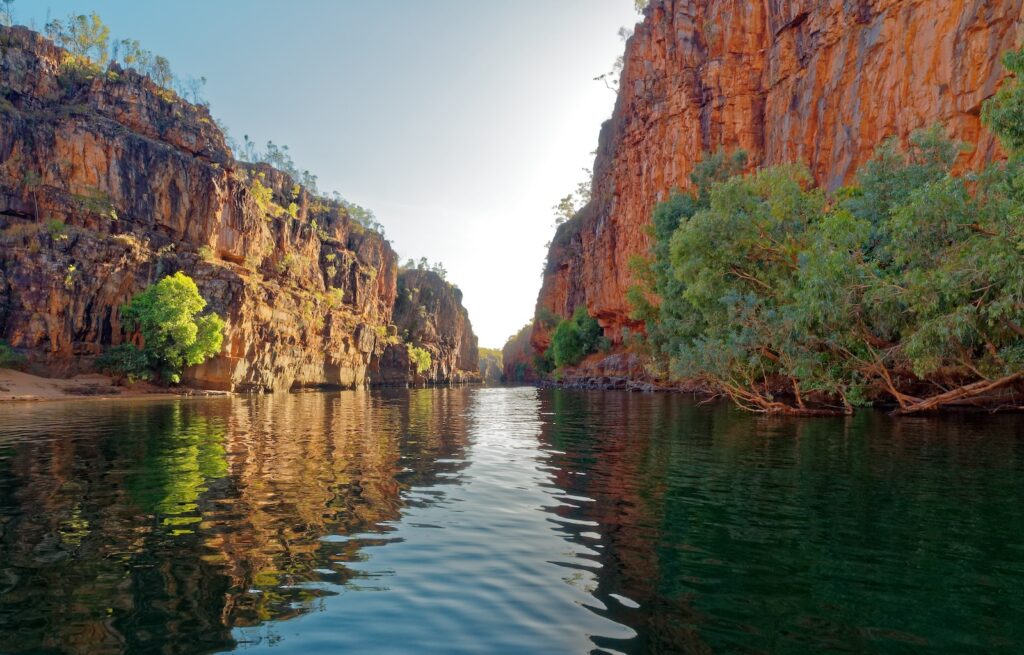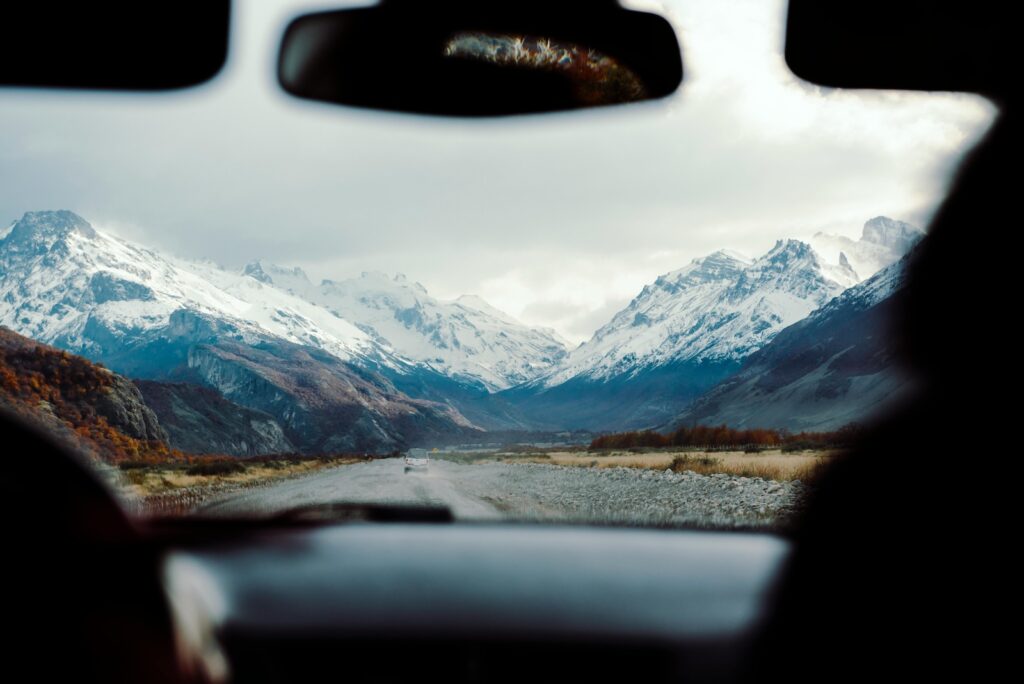Ready to take your vehicle where the pavement ends? Off-roading opens up a world of rugged terrains and remote landscapes, but it’s not for the faint of heart. Here’s everything you need to know before you leave the asphalt behind and tackle the wild side of driving.
1. Choosing Your Vehicle

Not all vehicles are built for the dirt and grit of off-road trails. Opt for a vehicle with high ground clearance and 4WD capabilities to ensure you can handle various terrains.
2. Essential Modifications

Before hitting the trails, consider modifications like all-terrain tires, skid plates, and suspension lifts. These upgrades will help protect your vehicle and improve performance.
3. Trail Etiquette
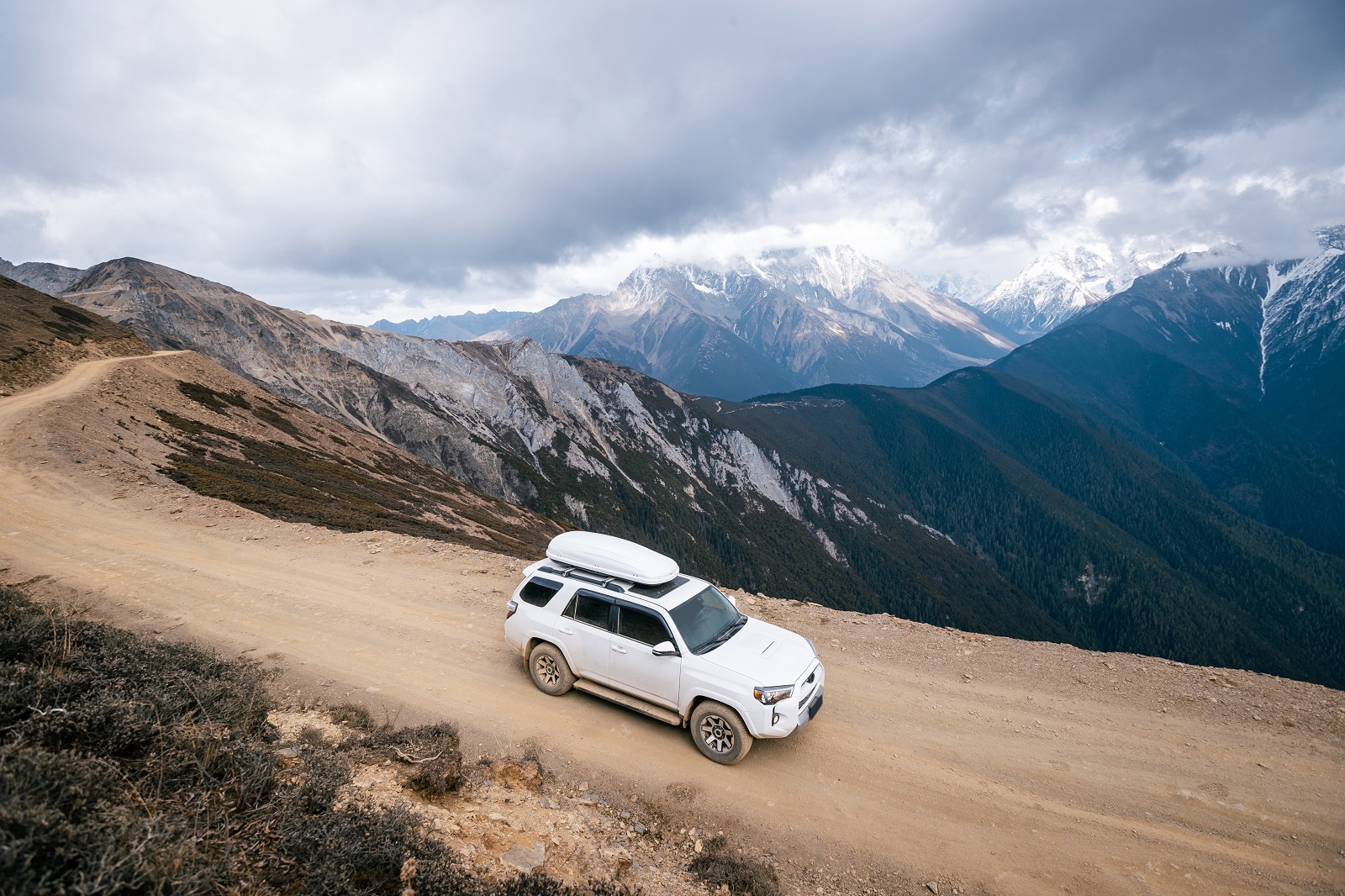
Remember, trail etiquette is crucial. Stay on designated paths, respect the wildlife, and always leave no trace to preserve the natural beauty for others.
4. Weather Considerations

Check the weather before you go. Off-roading after heavy rains can be dangerous, and muddy conditions can increase the environmental impact.
5. Navigation Tools

Invest in reliable navigation tools. A GPS designed for off-roading can help you stay on track and avoid getting lost in remote areas.
6. Recovery Gear
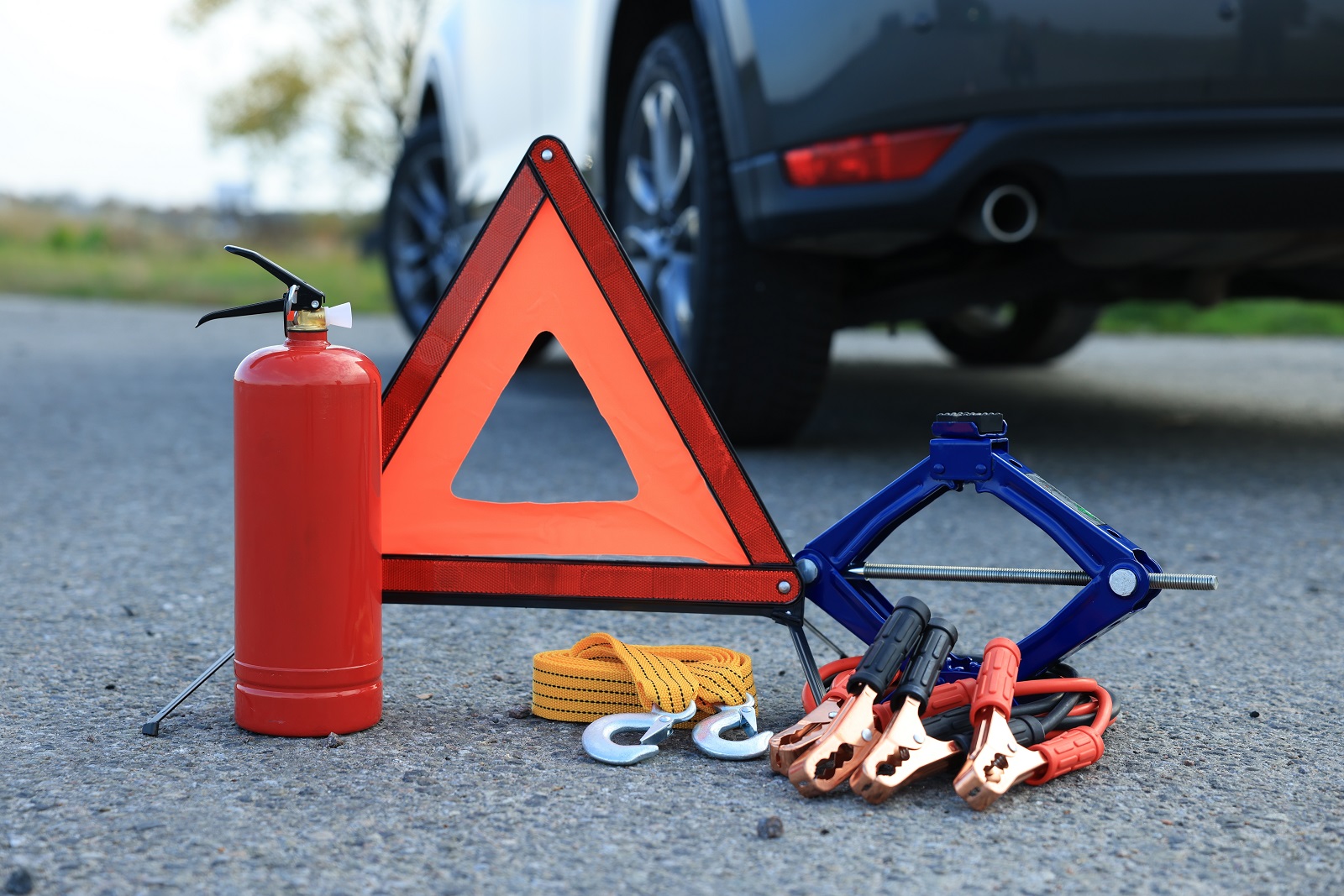
Always carry the right recovery gear. Items like a winch, tow straps, and a shovel can be lifesavers if you find yourself stuck.
7. Local Laws and Regulations

Familiarize yourself with local laws. Some areas require permits for off-roading, and regulations can vary widely from one place to another.
8. Joining an Off-Road Community

Consider joining a local off-road club. They can provide valuable advice, organized group rides, and a sense of community.
9. Off-Road Insurance

Look into off-road insurance options. Standard auto insurance might not cover off-road incidents, so it’s wise to be prepared.
10. Safety First

Prioritize safety by always wearing seat belts, informing someone of your travel plans, and carrying emergency supplies like water, food, and a first-aid kit.
11. Skill Development

Start with easier trails and gradually build up your skills. Off-roading can be challenging, and gaining experience is key to safe and enjoyable adventures.
12. Cultural and Historical Awareness

Be aware of the cultural and historical significance of the lands you explore. Some trails pass through areas important to indigenous communities or local history.
The Road Less Traveled

Taking the plunge into off-roading can transform the way you view driving and outdoor activities. With the right preparation and respect for the environment, you’re set for an exhilarating journey that goes beyond the asphalt!
Featured Image Credit: Shutterstock / WildSnap.
The content of this article is for informational purposes only and does not constitute or replace professional advice.
The images used are for illustrative purposes only and may not represent the actual people or places mentioned in the article.
For transparency, this content was partly developed with AI assistance and carefully curated by an experienced editor to be informative and ensure accuracy.



